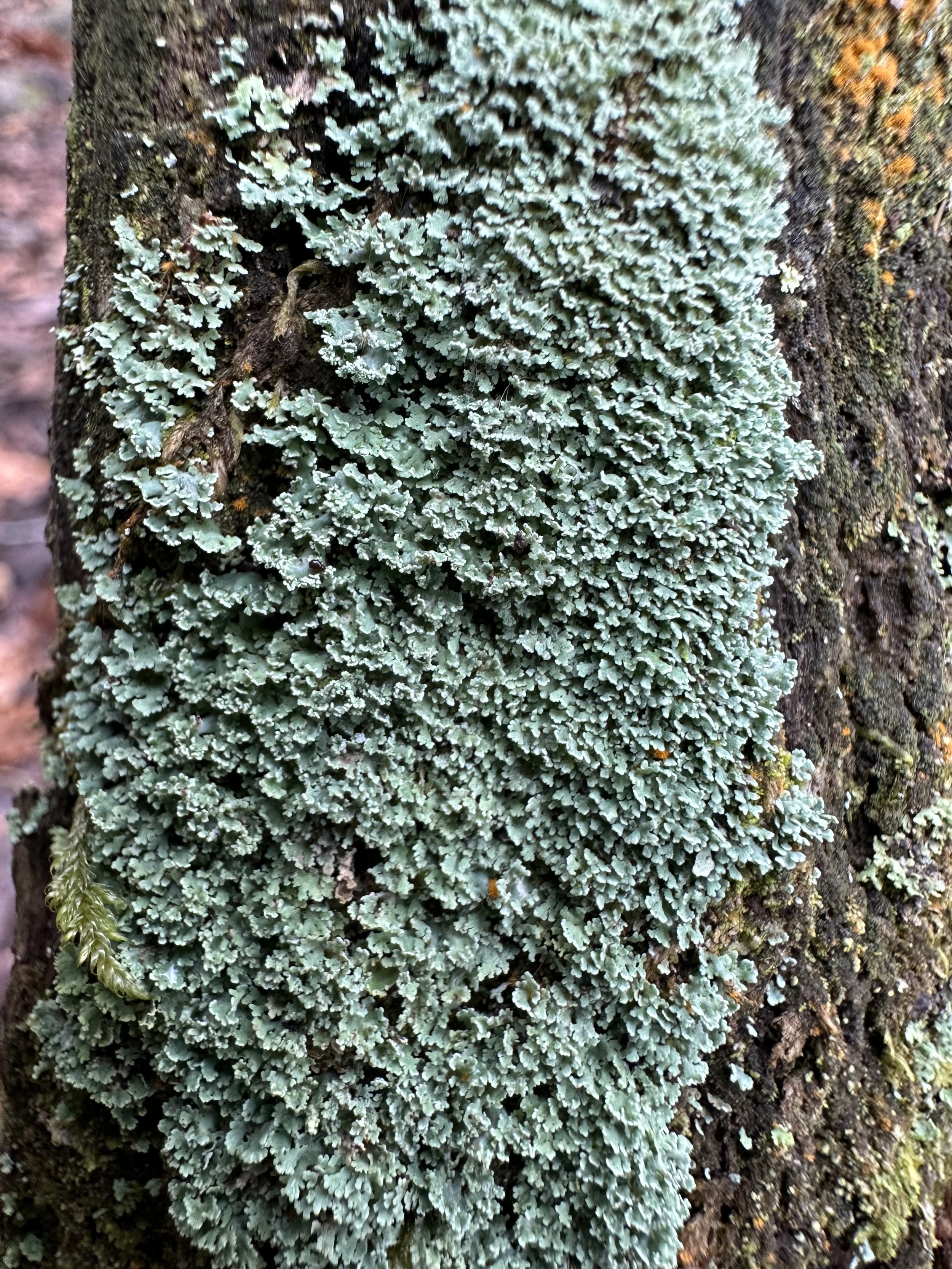
Turkey Tail Mushroom Extract
Immunity enhancing
Antioxidant
Antiviral
Anti-inflammatory
Prevents and treats respiratory disorders
Supports optimal health of the urinary and digestive tracts
Cancer prevention and treatment aid
Chronic Fatigue Syndrome support
-
(Hot Water / Ethanol Extract) Amount per Serving
Beta- Glucan At least 35%
Polypeptides At least 22%
Polyphenols At least 1.4%
-
1 serving of 1000mg (approx. ½ tsp) loose powder daily
Or 2 capsules daily
Or as advised by your health practitioner -
Speak to your doctor if you are pregnant or breast feeding or if you take any prescribed medication before consuming this product.
Ingredients + Cultivation and extraction methods
100% of deep layer cultivated Trametes versicolour COV-1 mycelia hot water extract powder.
Extracted from liquid fermentation cultivated Trametes versicolour COV-1, the strain that contains the highest concentration of polysaccharide peptides (PSP) which has shown remarkable results in decades of scientific research on this wonderful mushroom.
All our extracts are made using the optimal methods of cultivation and extraction for each mushroom species and part used, in line with current scientific research, in order to ensure the effectiveness of the final product. The active compounds, specific to each mushroom species and part being used, define the chosen extraction method. In turkey tail’s case, the mycelium is used and it is cultivated in liquid fermentation, to allow the growing medium to be fully drained off, leaving only mycelia to be extracted. The active compounds in turkey tail mycelium are water soluble and therefore our extract is made with temperature controlled pressurised hot water. The next step is further purification using alcohol precipitation, thus increasing the levels of useful compounds. The resulting liquid is then spray dried, leaving a powder that is pure mushroom and of the highest potency and broadest achievable spectrum.
This product contains no fillers, no binders and no additives. It is naturally vegan, free of grain, gluten and soy.
We use vegan pullulan capsule shells derived from tapioca starch.
Current Research
Turkey tail is a polypore fungus that grows on wood and plays a vital role in forest ecology. It has one of the highest concentrations of beta-glucans, the polysaccharide that is present in all mushrooms and responsible for their ability to enhance immune response. Because of that, it is the most widely studied of all medicinal mushrooms.
Turkey tail enhances superoxide dismutase activity, where the enzyme converts free radicals (the byproducts of metabolic processes) into oxygen and hydrogen, thus protecting the body against oxidative stress and preventing cancer.
In traditional Chinese medicine, turkey tail is used to dispel dampness, heal inflammation and infections of the lungs and upper respiratory tract and promote strength and energy, particularly in the case of chronic illness. Indeed, contemporary research shows that turkey tail has antiviral activity against influenza virus and herpes virus.
Studies with chronic fatigue syndrome patients show that turkey tail increased the presence and activity of immune cells and improved both innate and adaptive immunity.
Turkey tail’s ability to inhibit certain pro-inflammatory cytokines also showed effectiveness against inflammatory bowel disease.
The majority of the scientific research devoted to turkey tail is due to its anti-cancer properties and is focused on extracts high in beta-glucans, such as PSK in Japan and PSP in China, which are made using the mycelium grown in liquid culture of the turkey tail strain named COV-1. Having shown its ability to improve the efficacy of chemotherapy and reduce its side effects, increasing survival rates and improving life quality, PSK was approved for the treatment of cancer alongside chemotherapy in Japan in 1977! This is just one example of how ahead of the west China and Japan are in this field. Turkey tail’s action on the immune system not only enhances the body’s ability to target cancerous cells, but also strengthens its defenses against other opportunistic infections. Its anti-viral properties also help protect patients who, alongside being debilitated by the presence of cancer and ongoing cancer treatment, may be vulnerable due to other underlying conditions or old age. Research also shows that turkey tail’s antioxidant effect protects healthy cells from radiation and toxicity, which means that its addition to conventional cancer treatment protocols may reduce the likelihood of harm caused by radiotherapy and chemotherapy triggering the development of further cancer cells.




